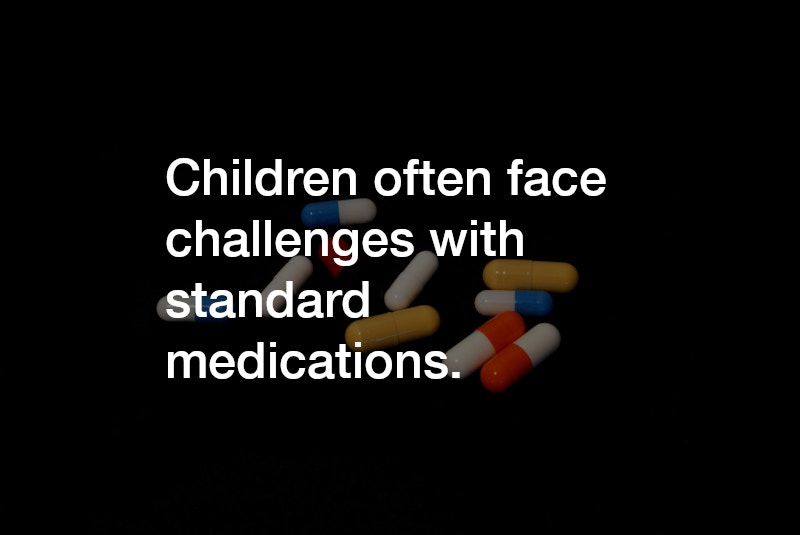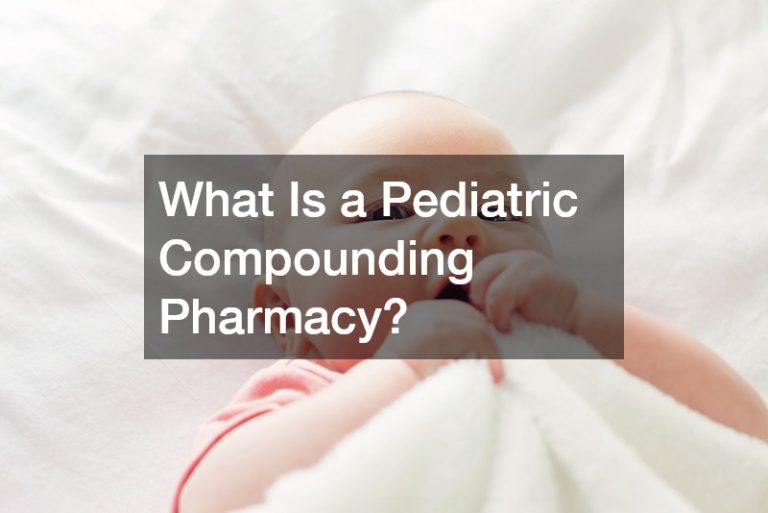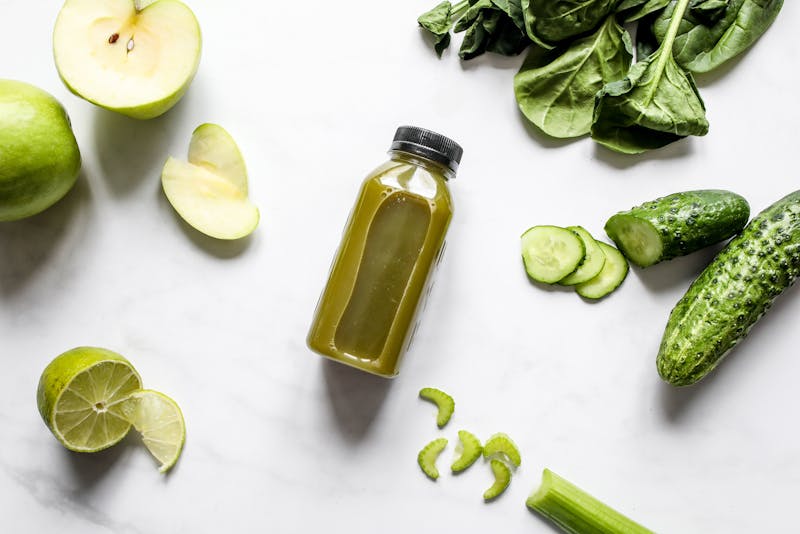A pediatric compounding pharmacy specializes in creating customized medications tailored to the unique needs of infants, children, and adolescents. Unlike standard, commercially available medications, which come in fixed dosages and limited forms, compounding allows pharmacists to create personalized formulations for young patients. This can be especially helpful when a child requires a specific dosage, flavor, or form of a medication that is not otherwise available. For parents seeking safer, more effective ways to administer medications to their children, compounding for babies offers many advantages.
Why Is Pediatric Compounding Necessary?
Children often face challenges with standard medications. Pills might be too large, dosages may be inappropriate for their size, or the taste might be too unpleasant for them to swallow.
Babies, in particular, require specialized medications that are gentle, safe, and in the right form for easy administration. Compounding for babies allows pharmacists to adjust the medication’s strength, change its flavor, or turn a tablet into a liquid that is easier to swallow.
Additionally, some children have allergies or sensitivities to certain ingredients found in commercially available medications, such as dyes, gluten, or preservatives. In these cases, compounding pharmacies can remove these ingredients, creating a hypoallergenic solution that meets the child’s needs without causing allergic reactions or side effects.
How Does Compounding Benefit Babies and Young Children?
Compounding for babies provides several key benefits. One of the most significant is the ability to adjust medication strength to match a baby’s size and weight. Commercially available medications are often produced with adult dosages in mind, which can be too strong or too weak for an infant. A compounding pharmacy can create the exact dosage required, ensuring the medication is both effective and safe for the child.
Compounding also makes it possible to change the form of medication. Babies and young children may not be able to swallow pills or capsules, but compounding pharmacists can create liquid formulations, flavored suspensions, or even topical gels that are easier to administer. For example, a medication that typically comes in a tablet form can be turned into a sweetened liquid with a flavor that’s more appealing to the child, making it easier for parents to give.
Special Considerations for Compounding for Babies
When dealing with infants, safety is paramount. Pediatric compounding pharmacists are trained to use only child-safe ingredients and work in sterile environments to ensure medications are free of contaminants. Parents should always consult their pediatrician and choose a compounding pharmacy with expertise in pediatric care.
.






